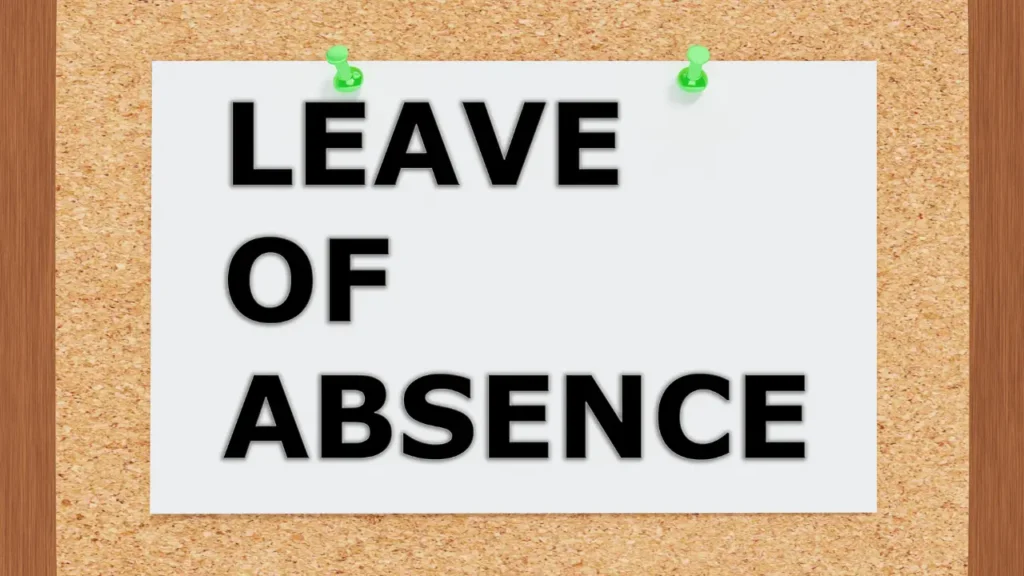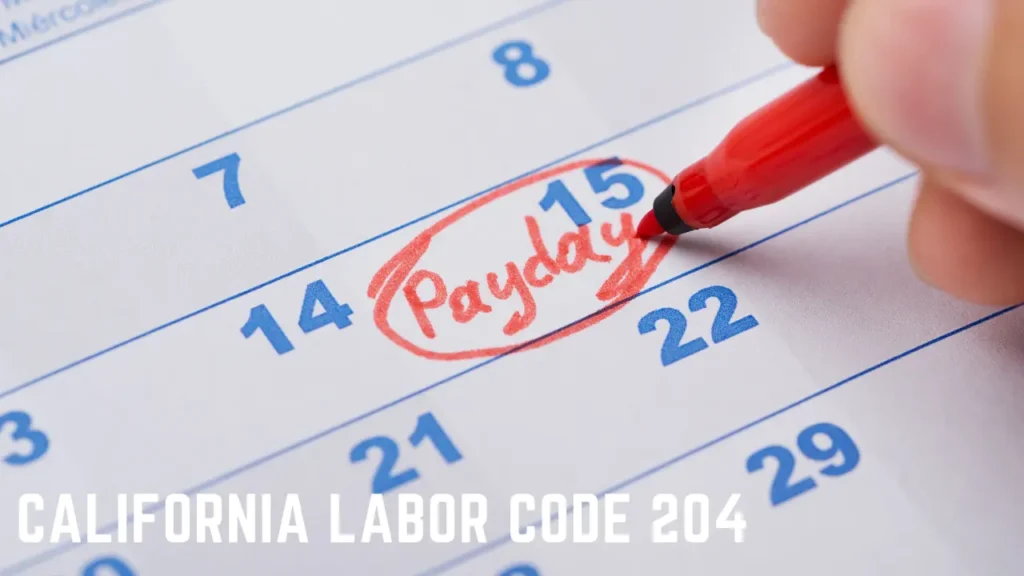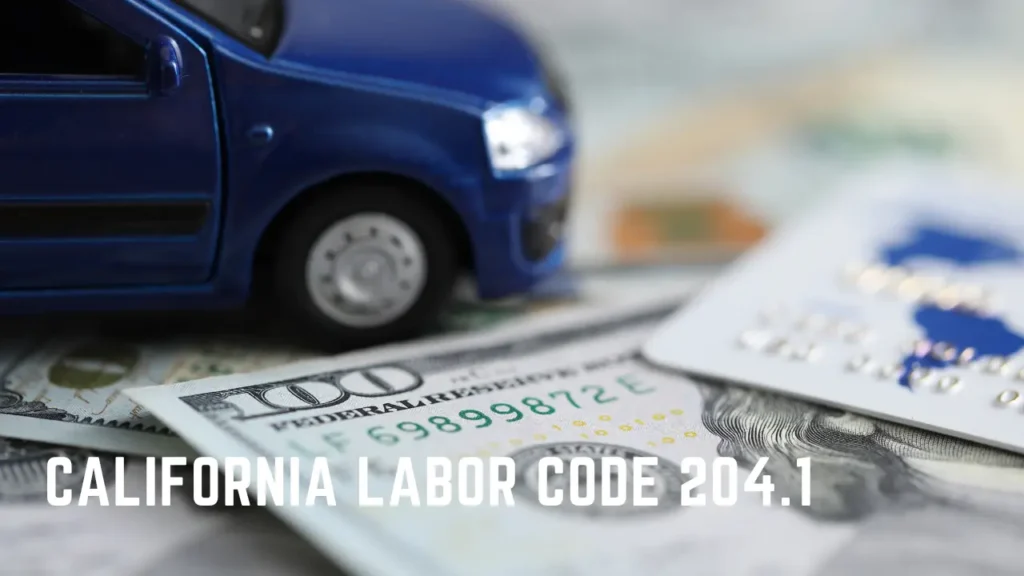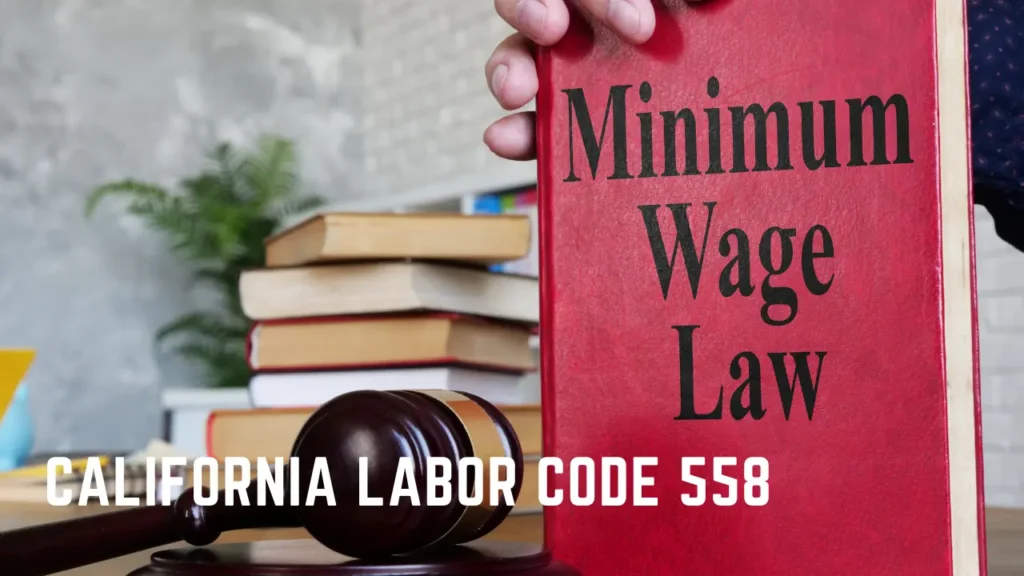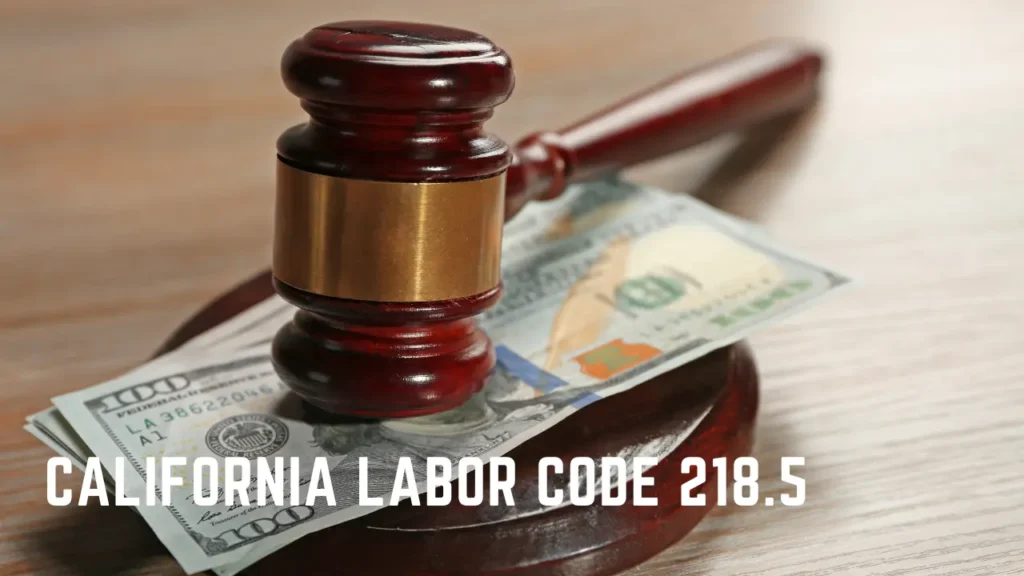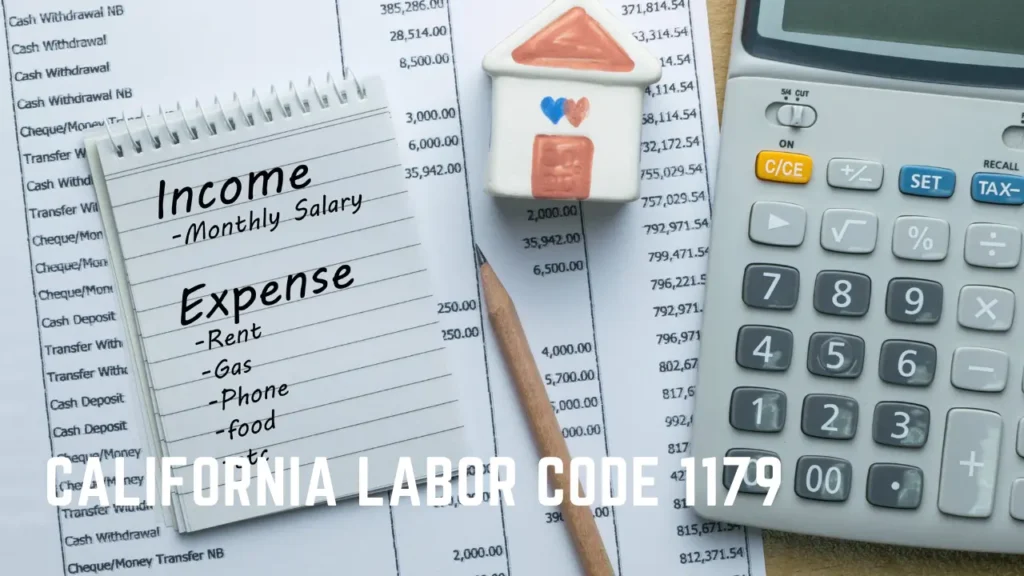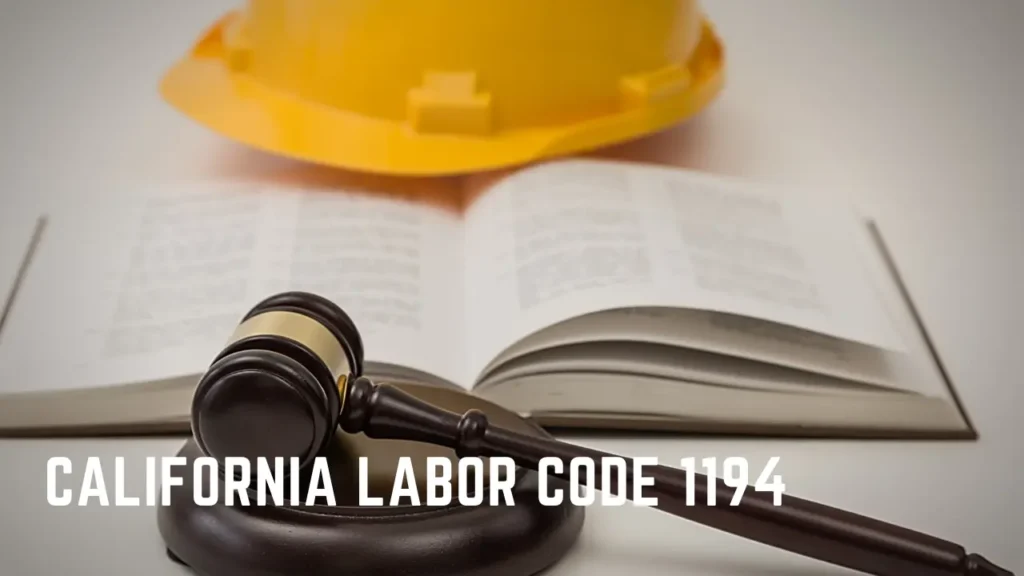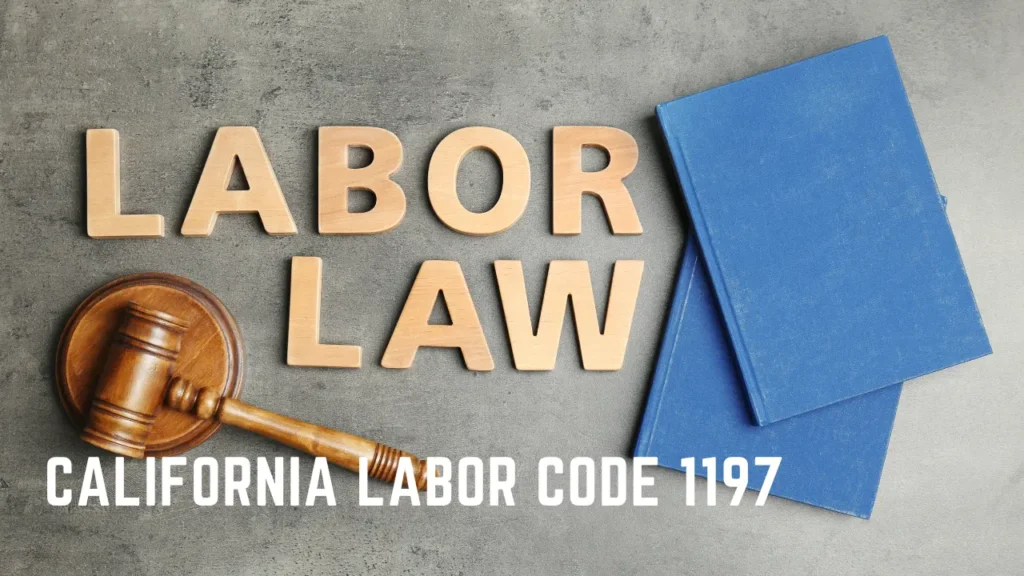Table of Contents
ToggleThis discussion seeks to demystify these complexities by shedding light on the conditions, exceptions, and potential legal ramifications associated with these forms of remuneration. Understanding these differences not only ensures fair compensation for employees but also mitigates risks for employers.
So, whether you are an employer aiming to stay compliant or an employee seeking to understand your rights better, there is much to be gleaned from this exploration.
Understanding California’s Overtime Pay Laws
In the state of California, the laws governing overtime pay stipulate that non-exempt employees are entitled to additional compensation for working beyond the standard hours in a workday or workweek. The overtime rate is often one and a half times the regular pay rate. This applies when an employee works more than eight hours in a single workday or more than 40 hours in a workweek.
Additionally, employees working for six consecutive days in a workweek, for more than eight hours on the seventh day, are also eligible for overtime. However, exceptions exist with alternative workweek schedules, agreed upon by at least two-thirds of employees, that can extend a workday to 10 hours without overtime pay.
How to Earn Double Time
While the concept of overtime pay is integral to California’s wage laws, it is equally important to understand the circumstances that lead to the earning of double time. Double time, equivalent to twice the regular rate of pay, is earned under specific conditions by non-exempt employees.
- Double time is earned when a non-exempt employee works more than 12 hours in a single workday. This is beyond the threshold for standard overtime, which caps at 12 hours.
- Double time is also earned when a non-exempt employee works more than 8 hours on their seventh consecutive day of work.
- It’s crucial to note that double time applies strictly to non-exempt employees and is not a legal requirement for exempt employees, although some employers may choose to offer it.
The Rights to Overtime Pay
Navigating the labyrinth of labor law, non-exempt employees in California possess certain entitlements to overtime pay under specific conditions. They are entitled to overtime pay for working more than 8 hours in a single workday, more than 40 hours in a single workweek, and for working more than six consecutive days in a workweek. This right applies even if the overtime was not requested or approved in advance by the employer, so long as the employer had reason to know work was being conducted.
However, violating policies on unauthorized overtime can lead to disciplinary actions. Collective bargaining agreements or union contracts may also contain exceptions to these overtime pay rules. It is crucial for employees to understand their rights to secure fair compensation.
Exempt Employees and Double-Time Pay
Contrary to non-exempt workers, exempt employees in California do not have a legal entitlement to overtime or double-time pay, though there are instances where employers might choose to offer these forms of compensation.
- Employer Discretion: Exempt employees’ eligibility for overtime or double-time pay is at the employer’s discretion. Some employers may offer this as a benefit to promote employee morale and loyalty.
- Complex Calculations: Calculating overtime for exempt employees can be complex due to the inclusion of other forms of pay that may alter the regular hourly rate.
- Legal Protections: While exempt employees are excluded from certain wage and hour laws, they are still entitled to a minimum weekly salary of twice the state’s full-time minimum wage.
Distinguishing Exempt From Non-Exempt Workers
Building on our understanding of exempt employees and their relation to overtime and double-time pay, it is crucial to distinguish these workers from their non-exempt counterparts to fully grasp California’s overtime laws.
Exempt employees, typically executives, administrators, and professionals who exercise discretion and independent judgment, are not bound by wage and hour laws, including overtime provisions. They are entitled to a minimum weekly salary of at least twice the minimum hourly wage for full-time work, but overtime or double-time pay is not a legal requirement for them.
Contrarily, non-exempt workers are protected under these laws. They are eligible for overtime pay beyond 8 hours in a workday or 40 hours in a workweek, and for double-time pay under specific conditions.
Exempt Workers and Overtime Wages
While California law does not mandate overtime wages for exempt employees, some employers choose to offer this benefit for various strategic reasons. These may include boosting morale, retaining talent, and fostering a culture of hard work. Yet, the computation for overtime for exempt employees can present complexities as it might include other forms of pay which can adjust their regular hourly rate.
Exempt employees, often salaried, are typically in executive, administrative, or professional roles that exercise discretion and independent judgment.
Unlike non-exempt employees, exempt workers are not legally entitled to overtime or double-time pay.
However, employers may voluntarily offer overtime pay to exempt employees, a decision often driven by strategic considerations.
Conclusion
In conclusion, California’s overtime and double-time pay laws are intricate, but they play a crucial role in safeguarding employees’ rights.
These regulations delineate the conditions for overtime and double-time pay, differentiate between exempt and non-exempt workers, and outline the legal responsibilities of employers.
Non-compliance can lead to severe penalties, underscoring the importance of understanding and adhering to these laws for both employees and employers in California.


